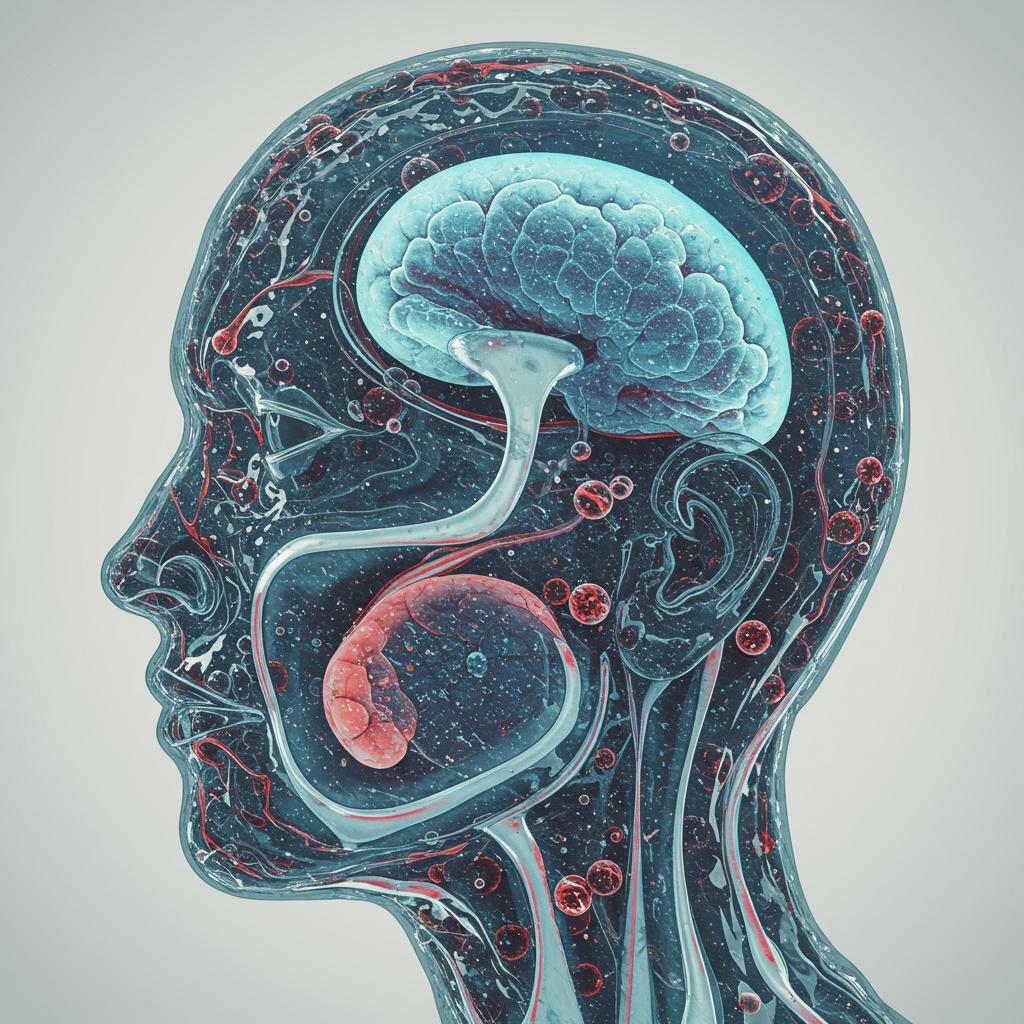
Ever wondered how that muscle-building supplement, creatine, might affect your brain? It’s not just for bulging biceps anymore! While most research focuses on creatine’s impact on muscles, there’s a growing interest in its potential benefits for brain health. It turns out, creatine isn’t just hanging out in your muscles; it plays a role in your brain’s energy metabolism too.
So, what’s the big deal about creatine in the brain? Well, our brains are energy-hungry organs, constantly firing signals and keeping us functioning. Creatine helps provide a readily available energy source, particularly during periods of high demand. Think of it like a backup generator for your brain, kicking in when things get demanding.
Here’s a breakdown of what we know so far:
- Boosting Brain Creatine: Studies suggest that creatine supplements, as well as another compound called guanidinoacetic acid (GAA), can actually increase the amount of creatine in the brain. This is important because higher brain creatine levels are associated with improved cognitive function.
- Protecting Against Neurological Issues: Research is exploring creatine’s potential to help with various neurological and mental health conditions. Early results have shown some promise in lessening the symptoms of concussions, mild traumatic brain injury, and even depression. While more research is needed, these initial findings are exciting.
- Sharper Thinking, Even When Sleep-Deprived: We all know how a lack of sleep can fog our brains. Interestingly, some studies indicate that creatine might help improve cognitive function, even when you’re running on empty. This could be particularly helpful for students pulling all-nighters or shift workers struggling with irregular sleep patterns.
- Neurodegenerative Diseases: More Research Needed: While the potential for creatine to help with acute brain injuries looks promising, its effect on longer-term neurodegenerative diseases like Alzheimer’s or Parkinson’s is less clear. More research is needed in this area to determine if creatine can play a protective role.
- GAA: A Creatine Alternative? Guanidinoacetic acid (GAA) is a precursor to creatine, meaning your body converts it into creatine. Researchers are investigating whether GAA might be an effective alternative or addition to creatine supplementation for boosting brain creatine levels.
It’s important to remember that research on creatine’s brain benefits is still ongoing. While the preliminary findings are promising, more studies are needed to fully understand its long-term effects and optimal dosages. If you’re considering adding creatine to your routine, it’s always a good idea to talk to your doctor, especially if you have any underlying health conditions. They can help you determine if it’s the right choice for you and guide you on safe and effective usage.
The exciting part? This is just the beginning of understanding how creatine can impact brain health. As research continues, we may discover even more ways this readily available supplement can support cognitive function and protect our brains throughout our lives.
